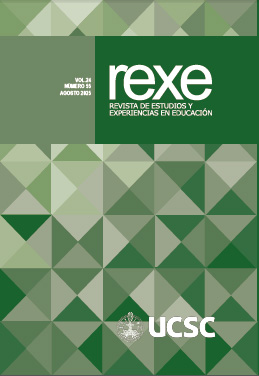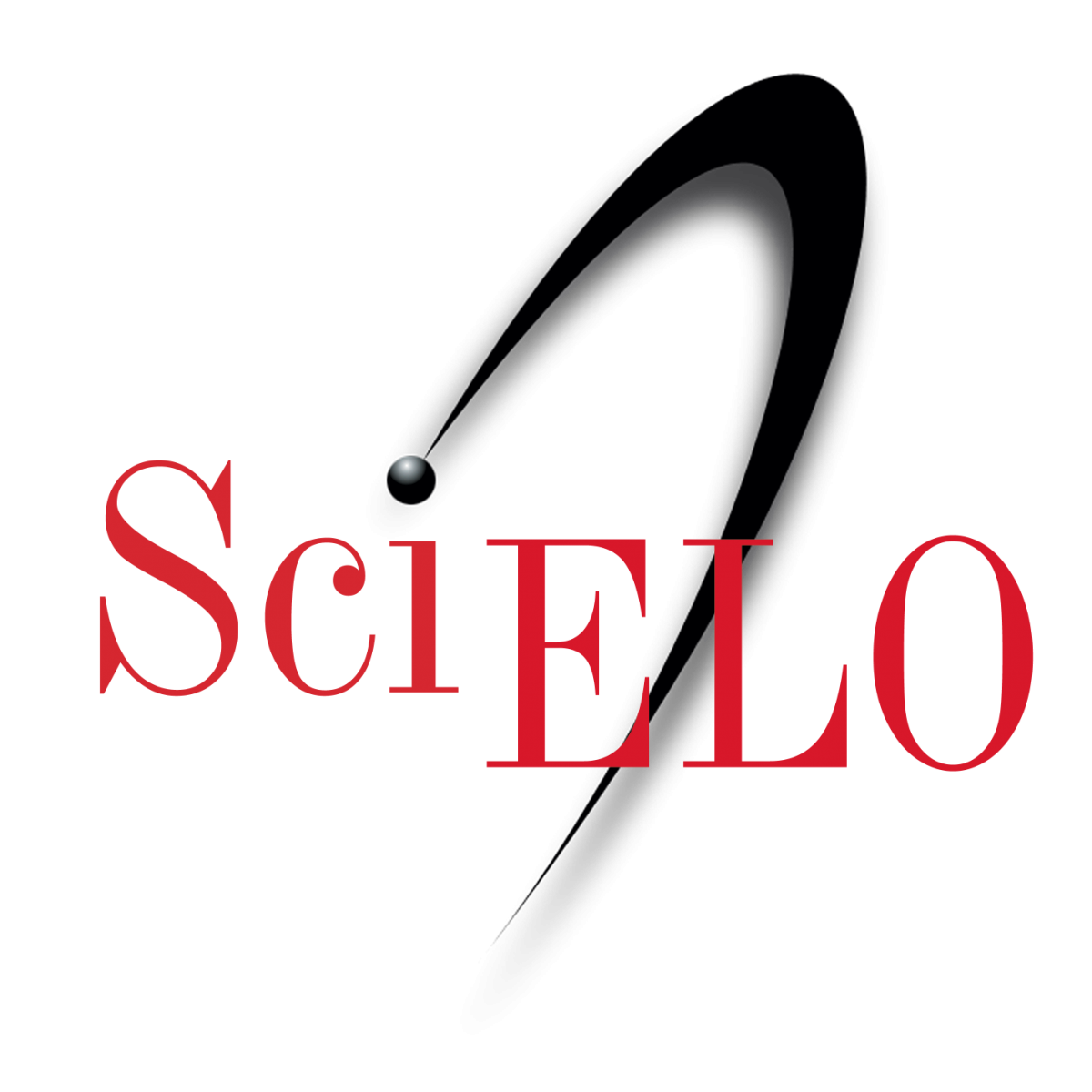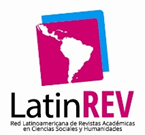Level of mathematical problem solving in secondary school students
DOI:
https://doi.org/10.21703/rexe.v24i55.2931Keywords:
Text comprehension, Problem solving, Mathematics, Learning strategy, Cognitive processAbstract
The aim of this research study was to analyze the problem-solving process in relation to the four mathematical competencies that secondary school students in Peru must achieve. After identifying problems related to mathematical competencies, students were guided to understand the problem situation, develop a plan, implement it, and verify the solution. This process is evaluated through a written essay test that addresses various mathematical problems in each of its stages. The research used a mixed approach, incorporating a quantitative descriptive design for the evolutionary analysis of groups, while the qualitative methodology focused on the analysis of problem solving associated with a specific mathematical competency. The research was carried out with first- and second-year secondary school students in public institutions in Trujillo, Peru. The findings indicate that students are at a regular level in mathematical problem solving, evaluated in its three dimensions: design, planning, and execution; however, in the dimension of reflection, which encompasses the review and validation of the methods used, students are at an initial level. This highlights a lack of prior knowledge and the intuitive use of mathematical concepts. This study could contribute to the development of educational theory, as well as facilitate the identification of strengths and weaknesses.
Downloads
References
Álvarez, C. (1984). Fundamentos teóricos de la dirección del proceso de formación del profesional de perfil ancho. La Habana: Pueblo y Educación.
Arelis, Valdivia y Zúñiga, A. (2016). Niveles de competencias matemáticas en estudiantes de primer y quinto grado del nivel secundario de IE Superior - Paucarpata.
Ayllón, M., Gómez, I., y Ballesta, J. (2016). Pensamiento matemático y creatividad a través de la invención y resolución de problemas matemáticos. Propósitos y representaciones, 4(1), 169-218. https://doi.org/10.20511/pyr2016.v4n1.89
Baroody, A. (1994). El pensamiento matemático de los niños. Visor.
Blanco-Benamburg, R., Palma-Picado, K., y Moreira-Mora, T. (2021). Estrategias cognitivas ejecutadas en la resolución de problemas matemáticos en una prueba de admisión a la educación superior. Educación matemática, 33(1), 240-267. https://doi.org/10.24844/em3301.09
Cabezas, C. (2016). Resolución de problemas en los estudiantes del quinto grado de primaria de la Institución Educativa N.º 1230 Viña Alta, La Molina, 2016 (Tesis, Universidad César Vallejo). Lima. https://hdl.handle.net/20.500.12692/17725
Cai, J., & Lester, F. K., Jr. (2010). Why is teaching problem solving so difficult? Conceptions and beliefs of mathematics teachers. Journal of Mathematical Behavior, 29(3), 220-23
Contreras-Bravo, A., y González-Méndez, R. (2024). El impacto de las concepciones en las teorías de comprensión lectora de docentes para el logro del aprendizaje de los estudiantes en contexto de pandemia. Revista REXE: Revista De Estudios Y Experiencias En Educación, 23(52), 12–28. https://doi.org/10.21703/rexe.v23i52.2157
Cutipa, Y. M., Paja, R., y Sardón, Z. Y. (2022). El nivel de resolución de problemas matemáticos en la educación a distancia durante la pandemia por COVID-19. Revista Educativa de Innovación y Tecnología. https://revistas.unap.edu.pe/rie/index.php/rie/article/view/677
Foster, C. (2023). Problem solving in the mathematics curriculum: From domain‐general strategies to domain‐specific tactics. The Curriculum Journey, 34(4), 594-612. https://doi.org/10.1002/curj.213
García, K. Y., y Horna, H. F. (2018). Nivel de desempeño en la resolución de problemas matemáticos según Pólya en estudiantes de educación secundaria. (Tesis de licenciatura, Universidad Nacional de Trujillo).
Guerra, P. A. (2023). Resolución de problemas matemáticos mediados por la comprensión lectora. Revista De Investigaciones De La Universidad Le Cordon Bleu, 10(1), 104-116. https://doi.org/10.36955/RIULCB.2023v10n1.010
Hernández-Sampieri, R., y Mendoza, C. (2020). Metodología de la investigación: las rutas cuantitativa, cualitativa y mixta. https://www.academia.edu/download/64312353/Investigacion_Rutas_cualitativa_y_cuantitativa.pdf
Kilpatrick, J., Swafford, J., & Findell, B. (Eds.). (2001). Adding It Up: Helping Children Learn Mathematics. National Academy Press.
Krulik, S., & Rudnick, J. A. (1995). The new sourcebook for teaching problem solving. Allyn and Bacon.
Iringan, E. M. (2020). Instructional practices of teachers in integrating critical thinking and problem solving skills in mathematics instruction. Journal of Education, Teaching and Social Studies, 3(1), 28-41. https://doi.org/10.22158/jetss.v3n1p28
Meneses, M., y Peñaloza, D. (2019). Método de Pólya como estrategia pedagógica para fortalecer la competencia de resolución de problemas matemáticos con operaciones básicas. Zona Próxima, 31, 8-25.
Messick, S. (1995). Validity of psychological assessment: Validation of inferences from persons' responses and performances as scientific inquiry into score meaning. American Psychologist, 50(9), 741–749.
MINEDU (2016). Currículo Nacional de la Educación Básica del Perú. https://www.minedu.gob.pe/curriculo/pdf/curriculo-nacional-2016.pdf
Miles, M. B., Huberman, A. M., & Saldana, J. (2014). Qualitative data analysis: A methods sourcebook (3rd ed.). SAGE Publications.
Nieto, J. (2004). Resolución de problemas matemáticos. Talleres de Formación Matemática. Maracaibo. https://guao.org/sites/default/files/biblioteca/Resoluci%C3%B3n%20de%20Problemas%20Matem%C3%A1ticos%20.pdf
Oviedo, H. C. & Campo-Arias, A. (2005). Aproximación al uso del coeficiente alfa de Cronbach. Revista Colombiana de Psiquiatría, 34(4), 572–580.
Pérez, Y., y Ramírez, R. (2011). Estrategias de enseñanza de la resolución de problemas matemáticos: Fundamentos teóricos y metodológicos. Revista de Investigación, 35(73), 169-193. https://www.redalyc.org/pdf/3761/376140388008.pdf
Pólya, G. (1945). How to Solve It: A New Aspect of Mathematical Method. Princeton University Press. Recuperado de https://math.hawaii.edu/home/pdf/putnam/PolyaHowToSolveIt.pdf
Pólya, G. (1989). Cómo plantear y resolver problemas. Ed. Trillas.
Pozo, J., Pérez, M., Domínguez, J., Gómez, M., y Postigo, Y. (1994). La solución de problemas. Ed. Santillana. https://www.terras.edu.ar/biblioteca/3/EEDU_Pozo-Postigo_Unidad_1.pdf
Pratiwi, S., & Widjajanti, D. (2020). Contextual problem in mathematical problem solving: Core ability in Realistic Mathematics Education. Journal of Physics: Conference Series, 1613, 1-8. https://doi.org/10.1088/1742-6596/1613/1/012018
Price, A., Kim, C., Burkholder, E., Fritz, A., & Wieman, C. (2021). A detailed characterization of the expert problem-solving process in science and engineering: Guidance for teaching and assessment. CBE—Life Sciences Education, 20(3), ar43. https://www.lifescied.org/doi/10.1187/cbe.20-12-0276
Ramírez, E. (2018). Nivel de logro en las competencias del área de matemática en estudiantes del segundo año de secundaria de la IE 20311 (Tesis, Universidad San Ignacio de Loyola). Lima. https://repositorio.usil.edu.pe/entities/publication/b26cc62f-1643-42cb-843c-55a246e8e7ad
Sánchez, F., y Fiol, M. (2016). Creatividad matemática: Momentos de insight en estudiantes de 4º de ESO. REDIMAT, 5(1), 28-55. https://dialnet.unirioja.es/servlet/articulo?codigo=5372757
Schoenfeld, A. H. (1985). Mathematical Problem Solving. Academic Press.
Schoenfeld, A. (1987). Pólya, resolución de problemas y educación. Revista Matemáticas, 60(5), 283-291.
Trillo, G. (2018). Mejorando el nivel de logro en la resolución de problemas matemáticos a través de estrategias creativas (Tesis, Universidad Antonio Ruiz de Montoya). Ica. https://repositorio.uarm.edu.pe/items/f469da10-926b-4698-8a66-7d118f36e7b8
Villalobos, X. (2008). Resolución de problemas matemáticos: Un cambio epistemológico con resultados metodológicos. REICE: Revista Iberoamericana sobre Calidad, Eficacia y Cambio en Educación, 6(3), 36-58. https://dialnet.unirioja.es/descarga/articulo/2700271.pdf
Downloads
Published
Issue
Section
License
Copyright (c) 2025 Teresa Ortiz-Távara, Amadeo Amaya-Sauceda, José Diaz-Leiva, Rosa Moreno-Pachamango

This work is licensed under a Creative Commons Attribution 4.0 International License.
Open Access Policy
This journal provides immediate open access to its content, based on the principle that offering the public free access to research fosters greater global knowledge exchange.
License
The REXE Journal, “Journal of Studies and Experiences in Education,” published by the Faculty of Education at the Universidad Católica de la Santísima Concepción, is distributed under a License. Creative Commons Atribución 4.0 Internacional.






